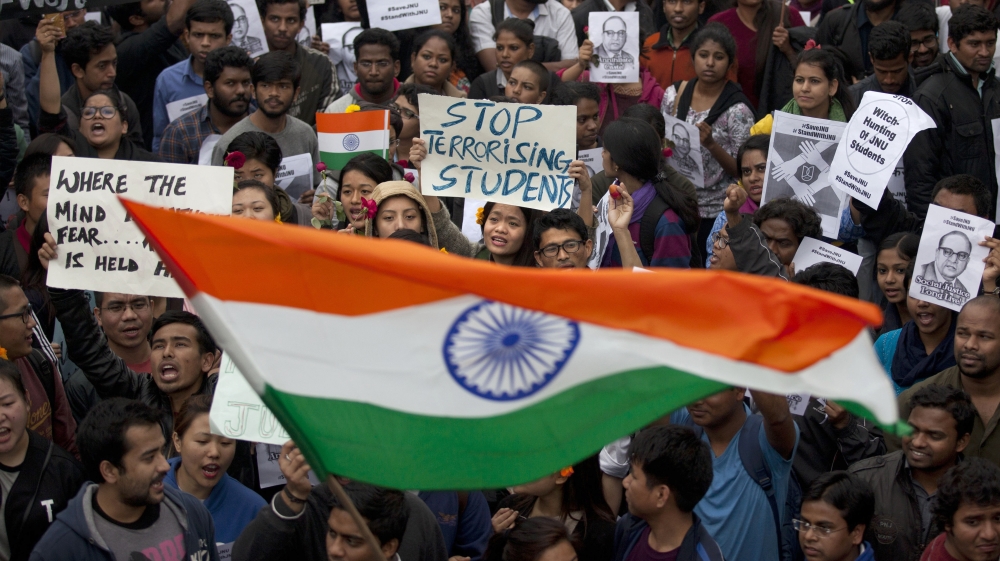36. The Rise of Student Activism in India
According to the United Nations Population Fund India1, India has the largest youth population in the world. With 365 young people, the youth (15-29 years) comprises 30% of the country’s population. This large section of the youth population presents an enormous opportunity for India to transform the country and its future. According to the report, ‘Never again is there likely to be such potential for economic and social progress’.
The youth population of India are the innovators and leaders of the future. As such, we see a rise in student activism in India. However, student politics have always been part of India, with the earliest examples going back to the Non-cooperation movement of 1920, wherein students took part in boycotting educational institutes. Today, student activism has assumed a different form.
Especially in cities such as Mumbai and Delhi, the youth are leading the call for change. Students from public universities such as Jadavpur University, Jawaharlal Nehru University, and Delhi University are at the forefront. Examples can be cited of the infamous JNU protests or the Pinjra Todd Movement. Throughout India, we see a dramatic rise in student uprising and activism. In fact, this rise has resulted in the banning of student politics in different states.
Currently, India is a young country, but it is represented by old leaders. Even though political parties target the youth for their electoral gains, the old leaders fail to serve the interest of the youth. In return, we see a rise in student activism. However, we hardly see any representation of the youth in any political parties or the Parliament! This is a paradox in itself.
It is no doubt that our country desperately needs young leaders. At the same time, young Indians are desperate for a change. In a way, student activism can produce better leaders for the future. Youth leaders are energetic, enthusiastic and innovative. The youth population is a vibrant stratum that can bring about a change. So why should the Parliament not reserve seats in legislatures for the young leaders?
REFERENCES:
1. https://india.unfpa.org/sites/default/files/pub-pdf/UNFPA%20Profile_combined.pdf
 |
| Source: Al Jazeera |
Comments
Post a Comment